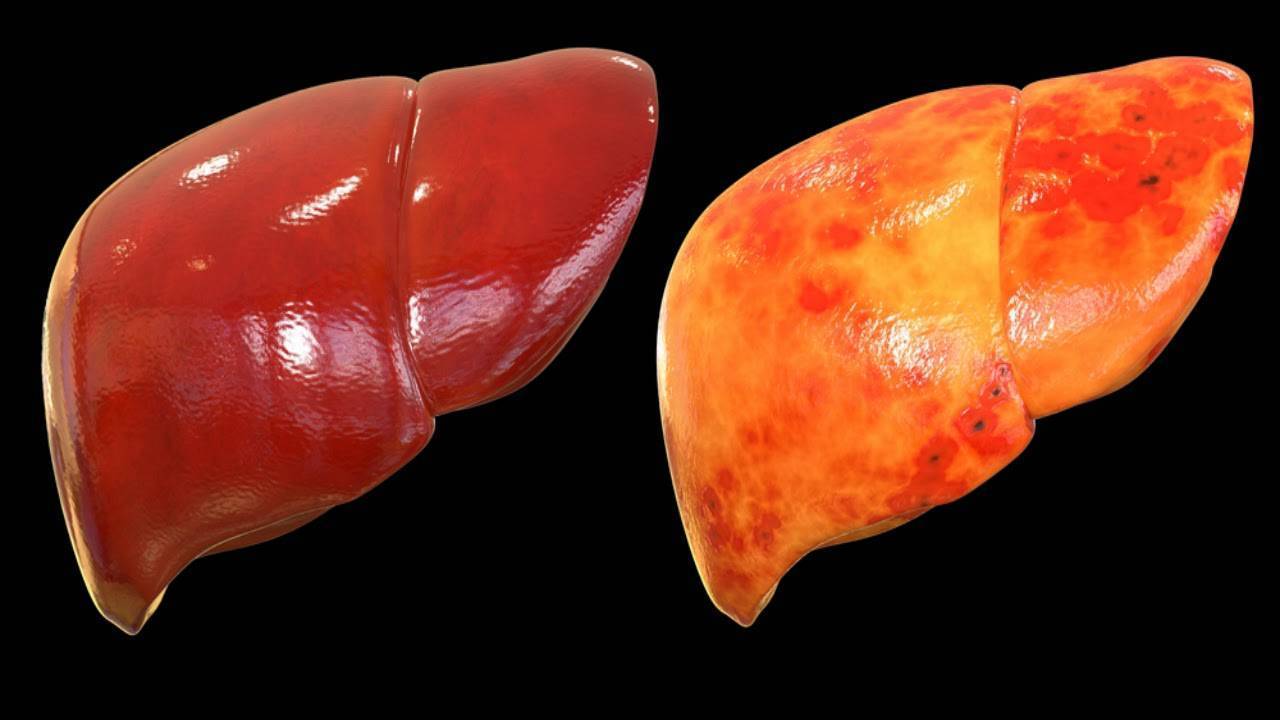Fatty Liver Disease Symptoms
Introduction to Fatty Liver Disease
Fatty liver disease is a common health condition that affects the liver. The liver, one of the body's most vital organs, is responsible for various functions, including detoxification and processing nutrients. Fatty liver disease, as the name suggests, involves the accumulation of fat in the liver. This can lead to various health issues, making it essential to understand its symptoms and implications.
Types of Fatty Liver Disease
There are two primary types of fatty liver disease:
Non-Alcoholic Fatty Liver Disease (NAFLD)
NAFLD is the most common form and is often associated with lifestyle factors such as poor diet and lack of exercise. It can range from simple fatty liver to more severe conditions like non-alcoholic steatohepatitis (NASH), which can lead to liver damage.
Alcoholic Fatty Liver Disease (AFLD)
AFLD, on the other hand, is caused by excessive alcohol consumption. It can also lead to liver inflammation and damage if not managed properly.
Causes of Fatty Liver Disease
Understanding the causes of fatty liver disease is crucial for prevention and management:
Diet and Lifestyle
Unhealthy eating habits, such as a diet high in sugar and saturated fats, along with a sedentary lifestyle, can contribute to NAFLD.
Genetics
Some individuals may be genetically predisposed to fatty liver disease.
Medications
Certain medications can increase the risk of liver fat accumulation.
Signs and Symptoms
Recognizing the symptoms of fatty liver disease is vital for early diagnosis and intervention:
Fatigue and Weakness
People with fatty liver disease often experience fatigue and weakness.
Abdominal Pain
Persistent pain in the upper-right abdomen can be a sign of liver inflammation.
Jaundice
Yellowing of the skin and eyes (jaundice) may occur in more severe cases.
Unexplained Weight Loss
Unintended weight loss can be a symptom of advanced liver disease.
Diagnosis and Testing
Diagnosing fatty liver disease involves a combination of tests:
Blood Tests
Blood tests can detect elevated liver enzymes, indicating liver damage.
Imaging Tests
Ultrasound and MRI scans can visualize liver fat and assess liver health.
Liver Biopsy
A liver biopsy may be necessary to determine the extent of liver damage.
Treatment Options
Treating fatty liver disease often involves multiple approaches:
Lifestyle Changes
Improving diet, increasing physical activity, and losing weight can help manage NAFLD.
Medications
In some cases, medications may be prescribed to manage symptoms and underlying conditions.
Weight Management
Losing weight if overweight can significantly improve liver health.
Surgery
Advanced cases may require liver transplantation.
Prevention and Management
Preventing fatty liver disease and managing it effectively includes the following:
Diet and Exercise
Adopting a balanced diet and regular exercise routine can reduce the risk of NAFLD.
Avoiding Alcohol
For AFLD, the key is to abstain from alcohol.
Regular Check-ups
Routine medical check-ups can help monitor liver health.
Living with Fatty Liver Disease
Living with fatty liver disease can be challenging, but there are support and resources available to help individuals manage their condition effectively.
Conclusion
Fatty liver disease is a prevalent health concern, but with early detection and lifestyle modifications, it can often be managed. Understanding the causes, symptoms, and treatment options is crucial for maintaining liver health.
FAQs
- Can fatty liver disease be reversed through lifestyle changes?
- In many cases, yes. Lifestyle modifications, including a healthy diet and regular exercise, can significantly improve liver health.
- Is fatty liver disease a hereditary condition?
- While genetics can play a role, it is often more closely linked to lifestyle factors.
- What are the long-term complications of untreated fatty liver disease?
- If left untreated, fatty liver disease can progress to more severe conditions, including cirrhosis.
- Are there any specific dietary recommendations for managing fatty liver disease?
- A diet low in sugar and saturated fats, and high in fruits, vegetables, and whole grains is recommended.
- Can I enjoy an occasional drink if I have fatty liver disease?
- It's advisable to avoid alcohol entirely, especially in cases of alcoholic fatty liver disease. Please consult your healthcare provider for personalized advice.

Comments
Post a Comment